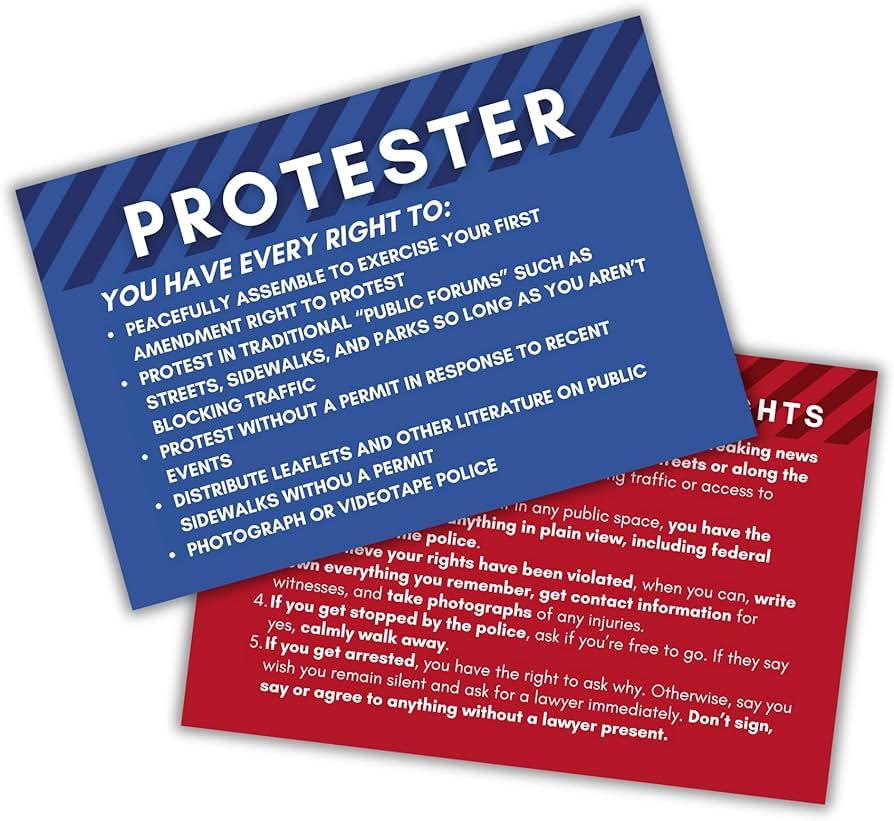
Who Gets To Post News Items Online? Expounded
In today’s digital age, the process of posting news items online isn’t limited to traditional media outlets anymore. Anyone with internet access can potentially share news stories or updates. But who actually gets to post news items online and what does this mean for accuracy, trustworthiness, and legality? This article delves deeply into the different types of news publishers online, their credentials, rights, and responsibilities, and provides practical insights for aspiring news sharers.
Understanding the Ecosystem: Who Posts News Online?
The internet has revolutionized how news is disseminated. Below are the main categories of individuals and organizations who post news online:
- Professional Journalists and News Organizations: Traditional broadcasters, newspapers, magazines, and their digital counterparts.
- Freelance Reporters and Bloggers: Independent content creators with specialized knowledge or investigative interest.
- Citizen Journalists: Everyday people who report news from their communities or events they witness.
- Government and Official Entities: Agencies sharing official statements, press releases, and updates.
- Businesses and PR Firms: Sharing news related to products, services, or corporate announcements.
Legal and Ethical Considerations: Who Is Allowed to Post News?
While almost anyone can post content online, the act of publishing news comes with legal and ethical boundaries. Here are the main points to consider:
1. Freedom of Speech & Press
Most countries uphold freedom of speech, allowing individuals and media organizations to express and publish information. However, this freedom is not absolute and is often balanced with regulations to protect privacy, prevent defamation, and stop misinformation.
2. Copyright and Intellectual Property
Posting news items requires respecting copyrighted material such as photos, videos, and articles. Using copyrighted news without permission can lead to legal consequences.
3. Accuracy and Verification
Responsible news publishers follow journalistic ethics to verify facts before posting to maintain credibility and avoid spreading false information.
4. Liability and Accountability
Legal accountability can fall on whoever posts the content, especially if it defames, invades privacy, or spreads harmful misinformation.
Benefits of Posting News Online
Contrary to traditional print media, the immediacy and global reach of online news platforms offer many benefits:
- Wide Accessibility: News reaches a global audience instantly.
- Interactive Engagement: Readers can comment, share, and contribute feedback.
- Multimedia Integration: Combine text, images, video, and audio for richer storytelling.
- Cost-Effective Distribution: Lower costs compared to print and broadcast media.
Practical Tips for Posting News Items Online
If you’re considering posting news online, follow these practical tips to ensure you do it responsibly and effectively:
- Verify Your Sources: Always confirm facts with multiple and reliable sources.
- Respect Copyright: Use royalty-free or properly licensed content.
- Attribute Credit: Always give credit to original reporters or photographers.
- Stay Updated on Laws: Be aware of local and international laws affecting digital publishing.
- Maintain Transparency: Disclose affiliations or sponsorships clearly.
Case Study: Citizen Journalism During Natural Disasters
One of the clearest examples of who gets to post news online is the role citizen journalists have played during crises. In many recent natural disasters, affected residents and eyewitnesses used social media platforms to post real-time updates before mainstream media could respond. This phenomenon has:
- Provided crucial on-the-ground details.
- Helped relief agencies coordinate faster.
- Increased awareness and fundraising efforts worldwide.
However, it also highlighted the challenges of verifying information and combating rumors-the responsibility of both posters and consumers of online news.
Who Should Avoid Posting News Online?
While digital freedom is broad, some individuals should exercise caution or avoid posting news items:
- Those lacking understanding of journalistic ethics and fact-checking.
- Anyone prone to sharing unverified and sensational information.
- Individuals ignorant of copyright and defamation laws.
Summary Table: Key Players in Online News Posting
| Category | Who They Are | Typical Platforms | Responsibilities |
|---|---|---|---|
| Professional Journalists | Trained media professionals | News websites, TV, digital newspapers | Accuracy, ethics, editorial standards |
| Freelancers & Bloggers | Independent writers | Personal blogs, social media | Fact-checking, transparency |
| Citizen Journalists | Everyday internet users | Twitter, Facebook, YouTube | Verification, respect privacy |
| Official Entities | Gov’t offices, agencies | Government portals, press rooms | Official accuracy, public info |
| Businesses & PR | Corporations and agencies | Company sites, press releases | Transparency, avoid misinformation |
Conclusion
The question “who gets to post news items online?” doesn’t have a simple answer anymore. The democratization of digital publishing means virtually anyone can share news content. However, with this power comes significant responsibility. Professional journalists, citizen reporters, organizations, and even casual bloggers all contribute to the online news landscape. Understanding the legal frameworks, respecting ethical guidelines, and committing to factual accuracy are essential for maintaining trust and quality in online news.
Whether you are a seasoned media professional or a curious citizen eager to share important stories, knowing your rights, duties, and limitations is the key to responsible digital journalism. So before you hit “publish,” remember that posting news online is not just a right-it’s a responsibility towards your audience and the truth.






